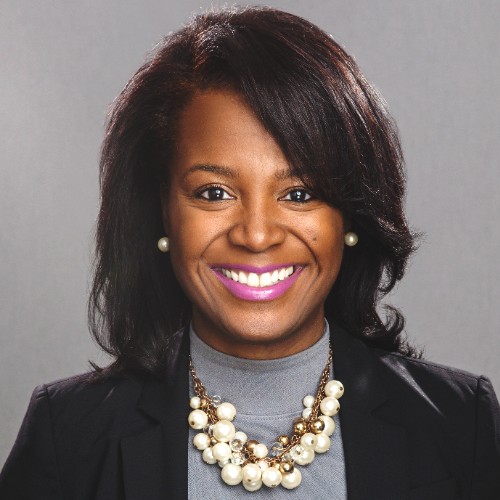
Founder & CEO | Union Square Hospitality Group
James Pogue’s no-nonsense approach to coaching our leadership team has positively transformed each one of us as individuals and USHG as a whole. With tough, caring love, James and his exceptional JP Enterprises team have taught, guided, coaxed, encouraged, and ultimately shared in the impactful journey we are on towards becoming a far more inclusive place of belonging for all.

Vice President | Spirit Realty
A huge thank you to JP Enterprises for raising our diversity acumen to lead across the spectrum and creating a safe place for our team to be vulnerable to share thoughts and opinions. Diverse teams perform better because they have the most uncomfortable discussions to push the envelope and make things better, and we will continue this important work at Spirit Realty.

President | Vetted Solutions
Having worked with James in a variety of ways, I would highly recommend him. Whether you are thinking of him as a speaker, a coach or a consultant, he possesses a great understanding of multigenerational leadership, diversity & inclusion, and team engagement/alignment strategies. He’s also highly effective in coaching leaders to greater success!

Business Owner
Nathaniel Alexander is an entrepreneurial leader with a passion for innovation and growth. As the owner of a successful business, he oversees all aspects of operations, from strategic planning to financial management. Nathaniel is dedicated to building strong client relationships and creating a positive work environment for his team.

Wellness Coordinator
Seraphina Holloway is a dedicated Wellness Coordinator focused on promoting employee health and well-being. He develops and implements wellness programs that encourage physical fitness, mental health, and work-life balance. With a passion for creating a supportive workplace.
Copyright © 2025 All Rights Reserved.